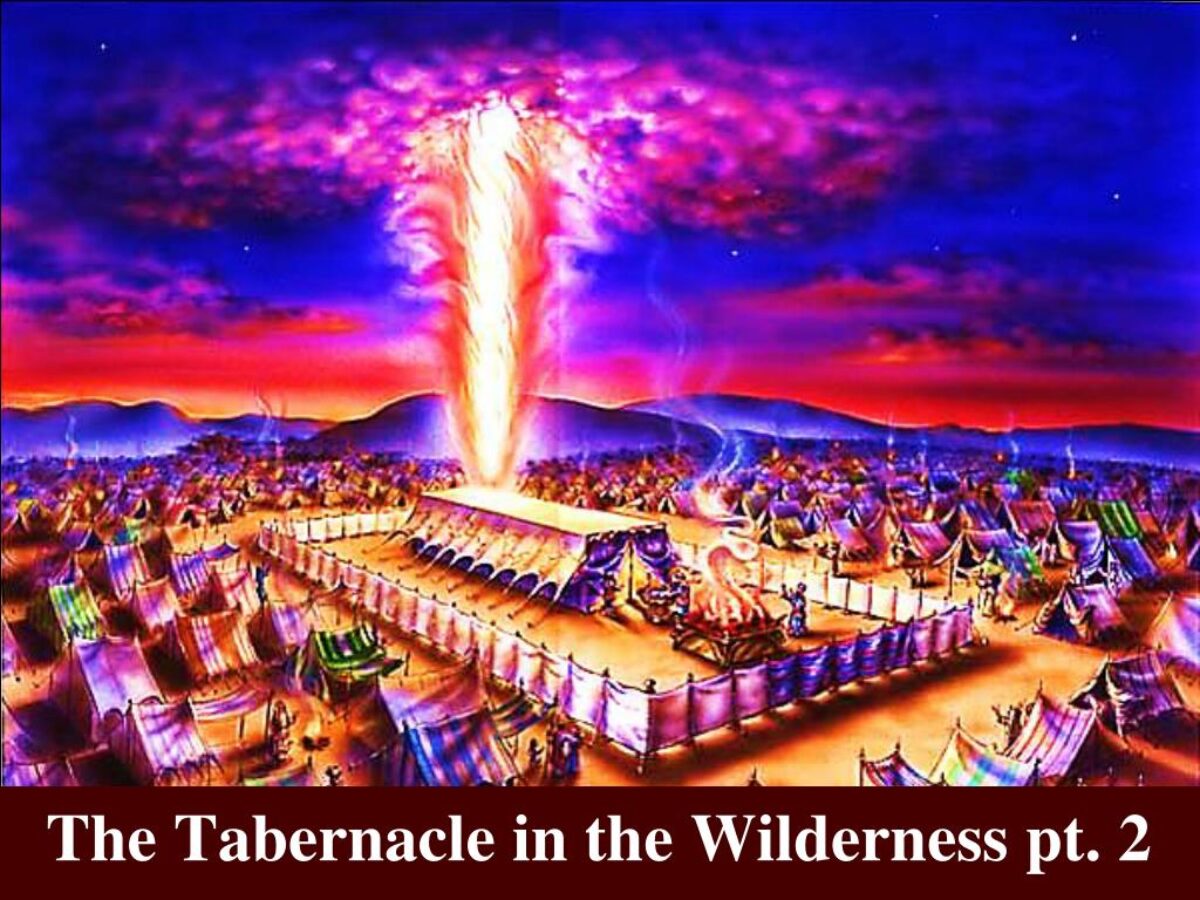
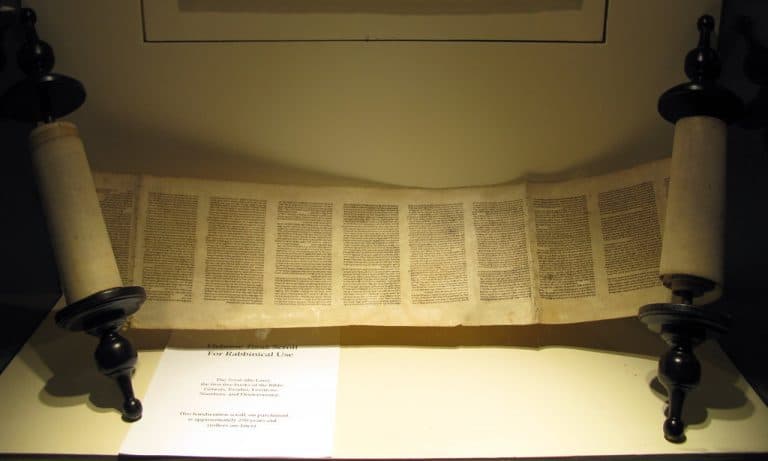
As the Torah Turns
Rabbi Lader’s Weekly D’var Torah
Vayakhel/Pekudei – Ex. 35:1-38:20/38:21-40:38 (Mar. 12/13)
This week we come to the conclusion of the book of Exodus with the double portion Vayakhel/Pekudei – Ex. 35:1-38:20/38:21-40:38. These final chapters conclude one of the longest narratives in the Torah – the account of the construction of the Mishkan, the portable sanctuary that would provide a place for God’s Presence to dwell in the midst of the Israelites: “The cloud covered the Tent of Meeting, and the Presence of the Eternal filled the Tabernacle.” (Ex. 40:34) Rabbi Jonathan Sacks (z”l) points out that “this is what the building of the Sanctuary was about: how to bring God, as it were, from heaven to earth, or at least from the top of the mountain to down in the valley, from the remote God of awe-inspiring power to the Shekhinah, the indwelling Presence, God as shakhen, a neighbor, intimate, close, within the camp, in the midst of the people..” * Looking closely at these two Hebrew words, Shekhina and shakhen, can you see how they are related? They are both derived from the root letter combination: shin-khaf-nun, which is the basis for the words meaning to abide, to dwell, and an inhabitant, neighbor… God as neighbor? At the risk of thinking rather creatively, as I thought about this idea: God as neighbor, I could not help but think of lines from Mr. Rogers’ song, “Won’t You Be My Neighbor?” It’s a beautiful day in this neighborhood, A beautiful day for a neighbor,Would you be mine? Could you be mine? … I have always wanted to have a neighbor just like you,I’ve always wanted to live in a neighborhood with you. So let’s make the most of this beautiful day, Since we’re together, we might as well say,Would you be mine? Could you be mine? Won’t you be my neighbor? It turns the song on its head, yes? To think about calling out to God to be your neighbor. And yet, God seems to have understood this in God’s instructions to Moses to “… Have the people build for Me a sanctuary/Mishkan so that I may dwell among them.” (Ex. 25:8) There is something comforting in knowing that God is close at hand, like a good neighbor…
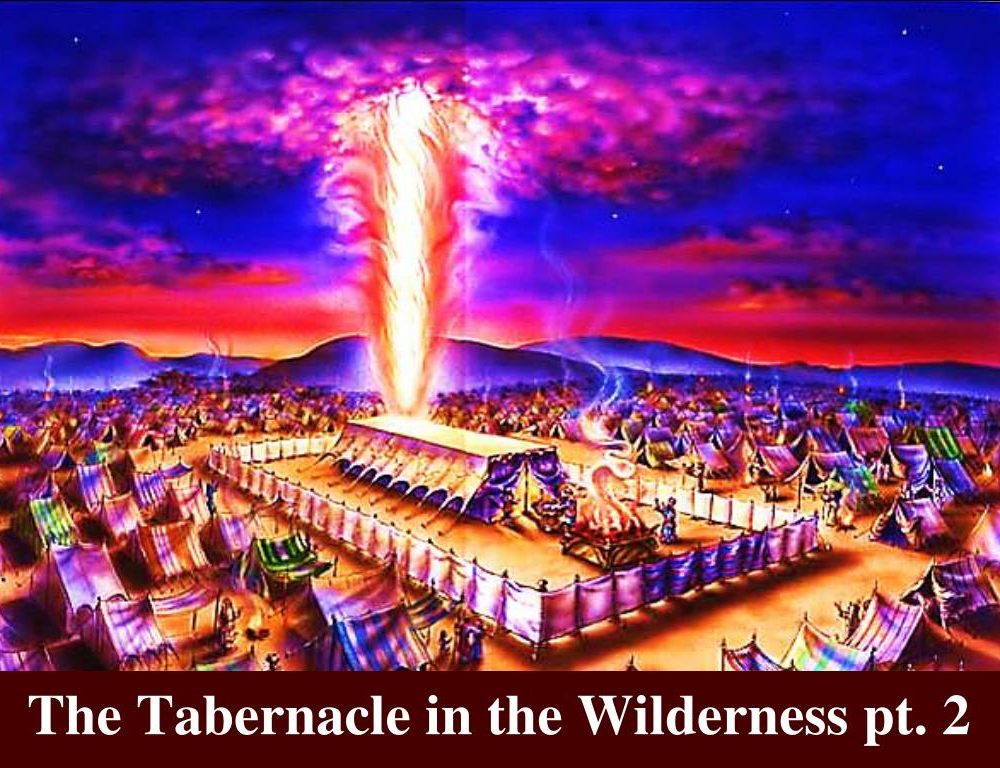
And yet, God is still God — awesome and majestic. Rabbi Chaim Stern (z”l), liturgist and editor of The Gates of Prayer (the Reform prayer book before our present Mishkan Tefilah) brings to light this balance of God’s nearness and majesty: O God, You are as near as the very air we breathe,yet farther than the farthermost star…^ Yet, it is that nearness, that closeness that brings us a sense of safety and comfort. Our portion ends with: “For over the Tabernacle a cloud of the Eternal rested by day, and fire would appear in it by night, in the view of all the house of Israel throughout their journeys.” (Ex. 40:38) Indeed, wherever they travelled, God’s Presence was with them. Our challenge is to recognize the presence of our Divine Neighbor in the “the cloud… and the fire” as we make our way through our own travels. As we end the book of Exodus, we say, “Chazak! Chazak! V’Nitchazek! – Be Strong! Be Strong! And let us strengthen each other! *Sacks, Jonathan – Judaism’s Life-Changing Ideas, 2020.^ from Mishkan Tefilah, p. 125.
From Previous Weeks
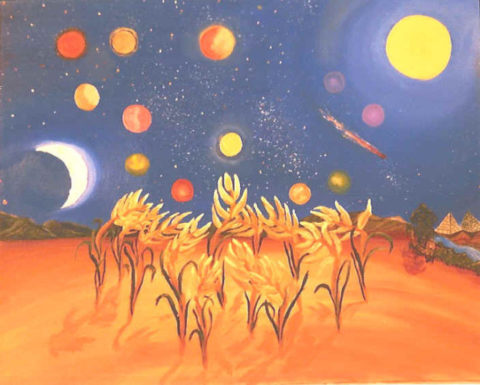
Mikeitz – Gen. 41:1-44:17 (Dec. 18/19)
Many of us struggle with the kind of faith/emunah that is described in the biblical narrative.
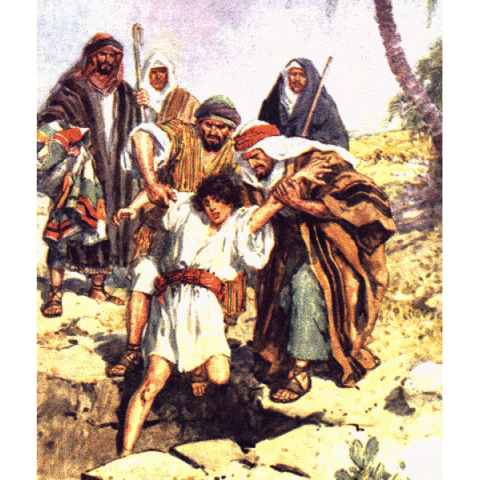
Vayeishev: Genesis 37:1 – 40:23 (Dec. 11/12)
What might appear as a random encounter can have epic proportions.
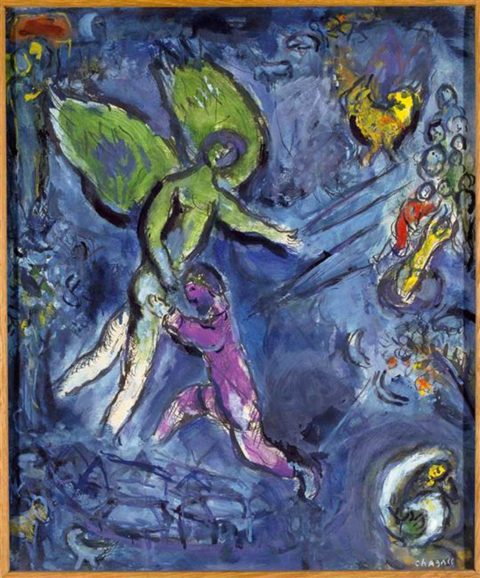
Vayishlach – Genesis 32:4 – 36:43 (Dec. 4/5)
“Your name shall no longer be Jacob, but Israel…”

Toledot – Gen. 25:19-28:9 (Nov. 20/21)
This is a story of parental love… and favorites… and birthrights and blessings.
